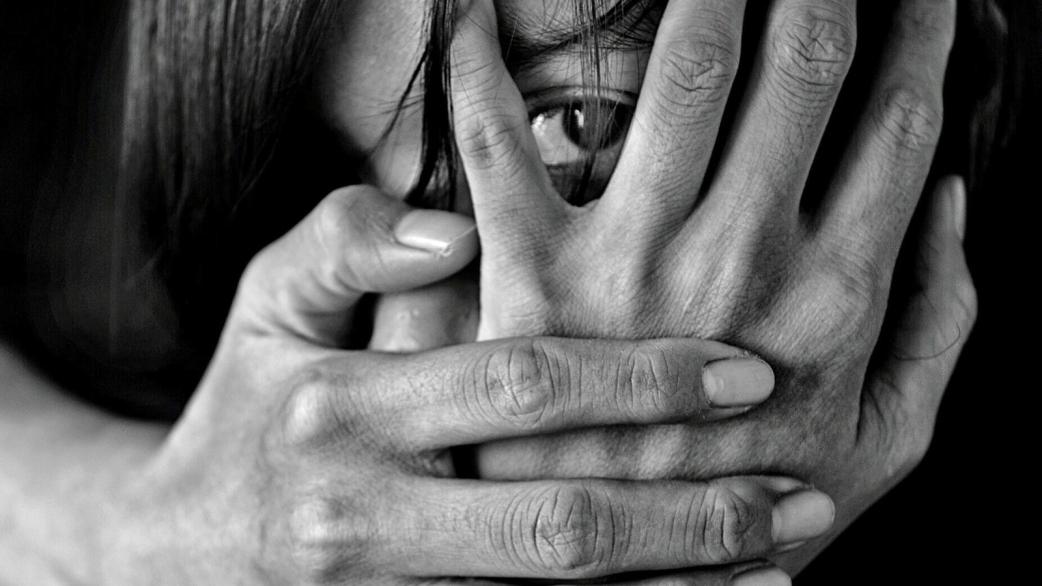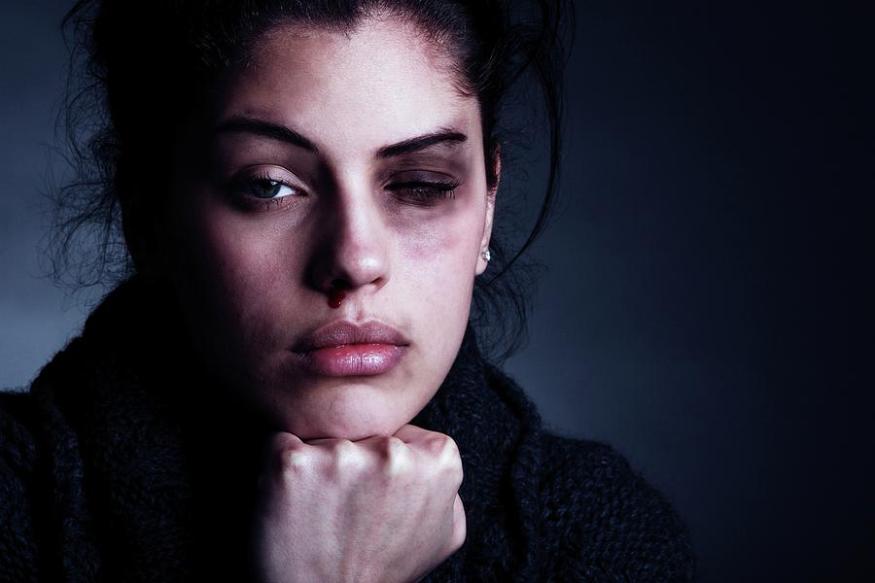How Can I Protect Myself and My Children from Domestic Violence?
Domestic violence is a serious issue that affects millions of people worldwide. It is defined as a pattern of abusive behavior by one person against another in a domestic setting, such as a marriage, cohabitation, or dating relationship. Domestic violence can take many forms, including physical, emotional, psychological, and sexual abuse. It can have devastating consequences for victims and their children, including physical injuries, emotional trauma, and long-term health problems.

It is important to understand the issue of domestic violence and to take action to protect oneself and children from its harmful effects. If you are experiencing domestic violence, or if you know someone who is, there are resources available to help.
Recognizing The Signs Of Domestic Violence
Domestic violence can be difficult to recognize, as it often occurs behind closed doors. However, there are some common signs that may indicate that domestic violence is occurring:
- Physical abuse: This includes hitting, slapping, punching, kicking, or any other form of physical violence.
- Emotional abuse: This includes verbal abuse, such as name-calling, belittling, or threatening; as well as non-verbal abuse, such as isolating the victim from friends and family or controlling their finances.
- Psychological abuse: This includes gaslighting, manipulation, and intimidation. It can also include threats of violence or harm to the victim or their loved ones.
- Sexual abuse: This includes any form of unwanted sexual contact, including rape, sexual assault, or forced prostitution.

If you are experiencing any of these signs, it is important to seek help immediately. You are not alone, and there are resources available to help you.
Protecting Yourself
If you are experiencing domestic violence, there are steps you can take to protect yourself:
- Develop a safety plan: Identify safe places to go in case of an emergency, create a code word or signal to alert others if you are in danger, and keep important documents and valuables in a safe place.
- Seek support from friends, family, or a domestic violence hotline: Talk to someone you trust about what you are going through, and seek help from a domestic violence hotline or support organization.
- Document incidents of abuse: Keep a record of the dates, times, and details of each incident of abuse. This information can be helpful if you need to seek legal protection or file for divorce.
Protecting Your Children
If you have children, it is important to take steps to protect them from domestic violence:
- Talk to your children about domestic violence: Explain to your children what domestic violence is and why it is wrong. Teach them about healthy relationships and boundaries, and let them know that they are not alone if they are experiencing abuse.
- Create a safe and supportive home environment: Make sure your home is a safe place for your children, where they feel loved and supported. Encourage them to talk to you about anything that is happening in their lives, and be there for them when they need you.
- Seek professional help for children who have witnessed or experienced domestic violence: Children who have witnessed or experienced domestic violence may need professional help to cope with the trauma they have experienced. Talk to your doctor or mental health professional about resources that are available in your community.
Legal And Community Resources
There are a number of legal and community resources available to victims of domestic violence:
- Restraining orders or protection orders: You may be able to obtain a restraining order or protection order against the abuser. This order can require the abuser to stay away from you and your children, and can also prevent them from contacting you.
- Domestic violence shelters: Domestic violence shelters provide safe housing and support services to victims of domestic violence and their children. These shelters can provide a safe place to stay, as well as counseling, legal assistance, and other support services.
- Legal aid and counseling services: There are a number of legal aid and counseling services available to victims of domestic violence. These services can provide legal advice, representation, and counseling to help victims of domestic violence rebuild their lives.
Overcoming The Barriers
There are a number of barriers that prevent victims of domestic violence from seeking help, including:
- Fear of retaliation: Victims of domestic violence may be afraid of retaliation from the abuser if they seek help.
- Lack of financial resources: Victims of domestic violence may not have the financial resources to leave the abuser or to pay for legal or counseling services.
- Lack of awareness of resources: Victims of domestic violence may not be aware of the resources that are available to help them.
It is important to address these barriers and to encourage victims of domestic violence to seek help. There are resources available to help victims of domestic violence overcome these barriers and to rebuild their lives.
Domestic violence is a serious issue that can have devastating consequences for victims and their children. It is important to understand the issue of domestic violence and to take action to protect oneself and children from its harmful effects. If you are experiencing domestic violence, or if you know someone who is, there are resources available to help. You are not alone.
Call to action: If you are experiencing domestic violence, or if you know someone who is, please reach out for help. There are resources available to help you. You are not alone.
YesNo

Leave a Reply